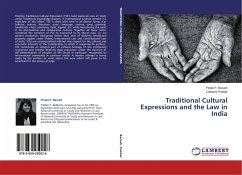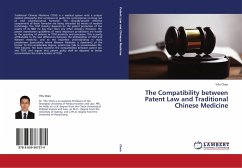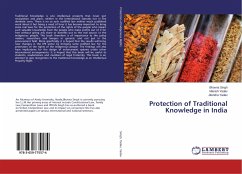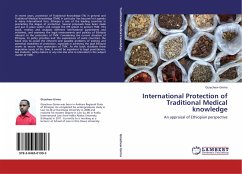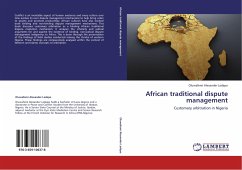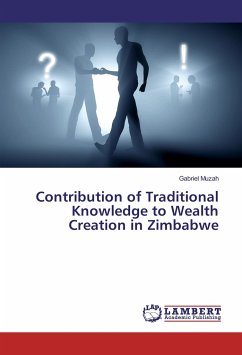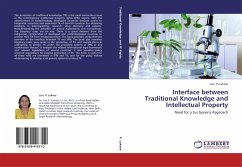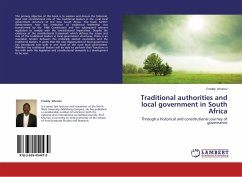Positing Traditional Cultural Expression (TCE)- least explored area of study under Traditional Knowledge domain- in international juridical context is a trajectory of this effort. TCE is dealt with here in its diverse forms, e.g. folklore, orature, literature, script, language, custom, song, painting, handicraft, ritual, ceremony, myth, legend, etc. while introducing the same in its international and comparative context. Together all these forms constitute the contents of TCE to transcend to its thrust area, i.e. sui generis protection mechanism better than that of hitherto intellectual property regime under (Public) International Law and Constitutional Law of India. TCEs are commercialized without due respect for the cultural and economic interests of the communities in which it originates.To authors, TCE constitutes an integral part of cultural heritage of the community concerned and thereby deserves legal protection under the doctrine of self-determination of peoples- of the South in particular- recognized by international community in post-war world. A maiden attempt is being made by the authors to write about this area which will prove to be beneficial for the society at large
Bitte wählen Sie Ihr Anliegen aus.
Rechnungen
Retourenschein anfordern
Bestellstatus
Storno

